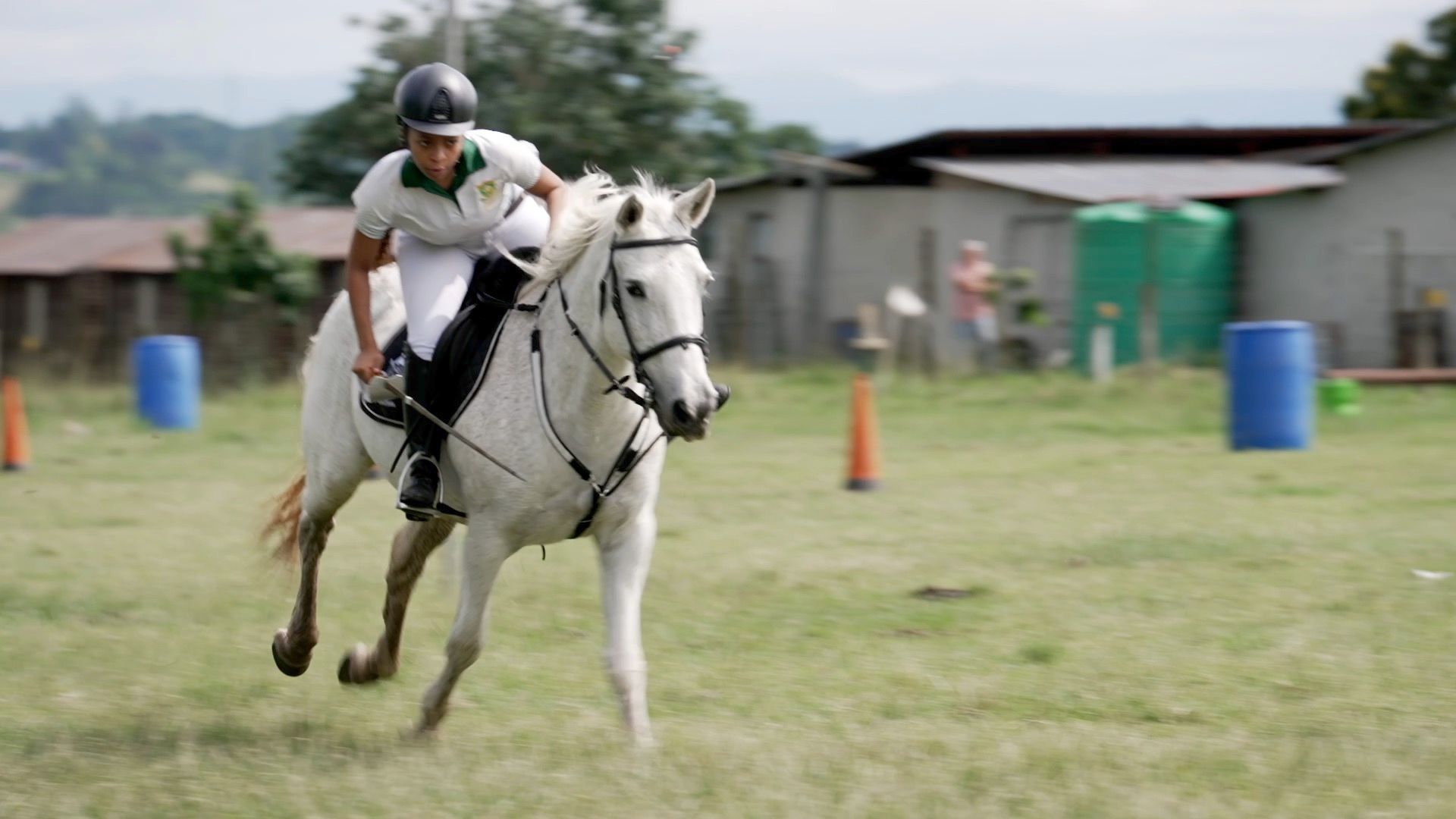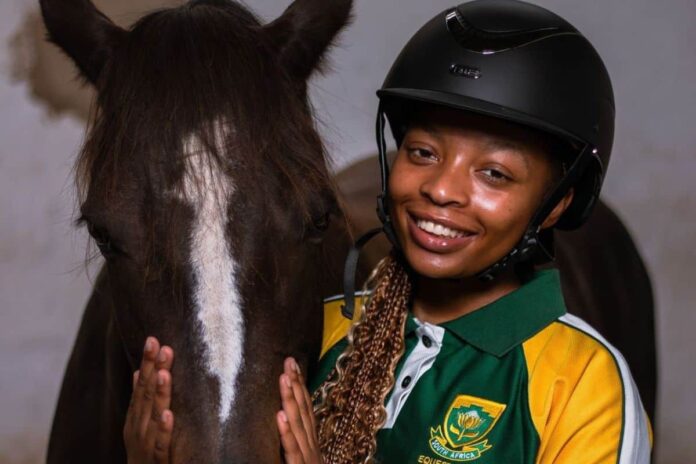In the silent shades of horsemanship, an unspoken change is happening—and she has not come alone. Grace mixed with control joined by relentless love, this young South African woman reshapes high heel riding, a centuries-old horse sport linked to army ways. Yet hers is far from just another return tale.
Makhosazana is not just collecting medals. She is redefining African equestrianism, paving the way for women, Black riders, and communities historically marginalized from this sport.
High heel crochet is among the ancient and most technically disciplined games played on horseback. It draws its ancestry from the cavalry drill practiced in India and the Middle East, whereby riders would demonstrate their ability to gallop at full speed and use either a lance or sword striking small ground targets-or “stakes”-with exact precision.

It is at practice today in parts of Asia and the Middle East, as well as South Africa. Beauty notwithstanding, and difficulty unbalanced, the technique remains largely underground on the bigger global sporting scene. That is until athletes like Makhosazana Dlomo began to reveal it.
Makhosazana Dlomo: Breaking Barriers in the Saddle
Makhosazana was born in KwaZulu-Natal͏ where she first met horses as a little girl, a very odd fortune in a country where wealth and racial participation have long so completely dominated equestrian sport. She does not come from backgrounds that typically nurture riders. Through determination, through talent—through fierce discipline she made for herself a place— and then changed it. Not only one of the female equestrians who lead South Africa today but leads the way for all underrepresented voices in this world to speak out. She carries training clinics to rural communities with mentorship for dreamers like her using the very same sport as means of self-fulfillment particularly among young Black girls.
Transforming Competition, Not Just Sport. The mission of Makhosazana is with medals above and beyond. She tries to work on changing the narrative perspective of equestrianism from a niche relic to African pride and cultural expression.
She has taken to speaking out for institutional support, women competitors, and the recognition of equestrianism as Africa’s living sporting heritage. Already able to start changing minds because she is still one of the very few Black women on the global equestrian scene—not to mention the first South African ever to win international medals in that discipline.
Makhosazana Dlomo is what sets her apart. It does not make her less typical of the story but rather add to it. Fluid form, cutting precision, and dance movements with the horse describe her riding at all times—technical mastery mixed with visual poetry she has managed to perfect as a performance that does not just captivate judges but also brings the crowd to breathe life back into a discipline long left unseen.
This is what more she brings than just symmetry and speed.Virtual
Makhosazana Dlomo does not build herself as an athlete. She builds a movement. Hers is the inspiration that ignites within African youth the urge to participate in equestrian sports, particularly among those who never thought they had any business setting foot inside a stable, much less claiming the arena as their own. To be the best is not her goal; rather, she strives to ensure others see themselves winning after her.
Because of her, equestrianism is becoming less about a token of exclusion and more as a means for cultural appropriation and social change.
The Future Rides with Her Name
Much of the world does not know what tent pegging is. That’s beginning to change—because of a daring young rider with a dream.
Makhosazana Dlomo is not running after odds in the arena but something more significant, representation, and justice, placement of African stories at the heart of every step of that sport.
And with every stride, she gets closer.
